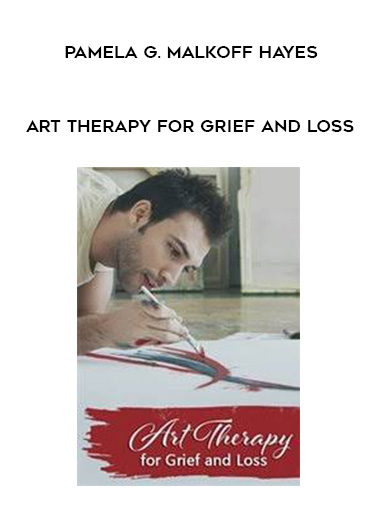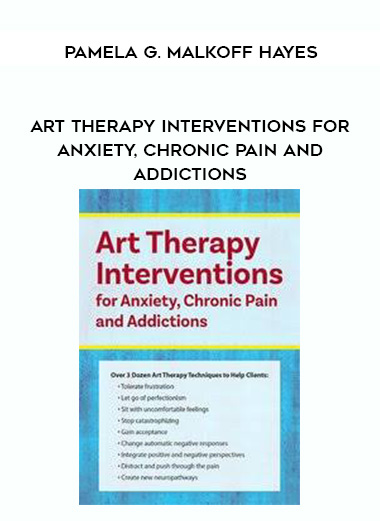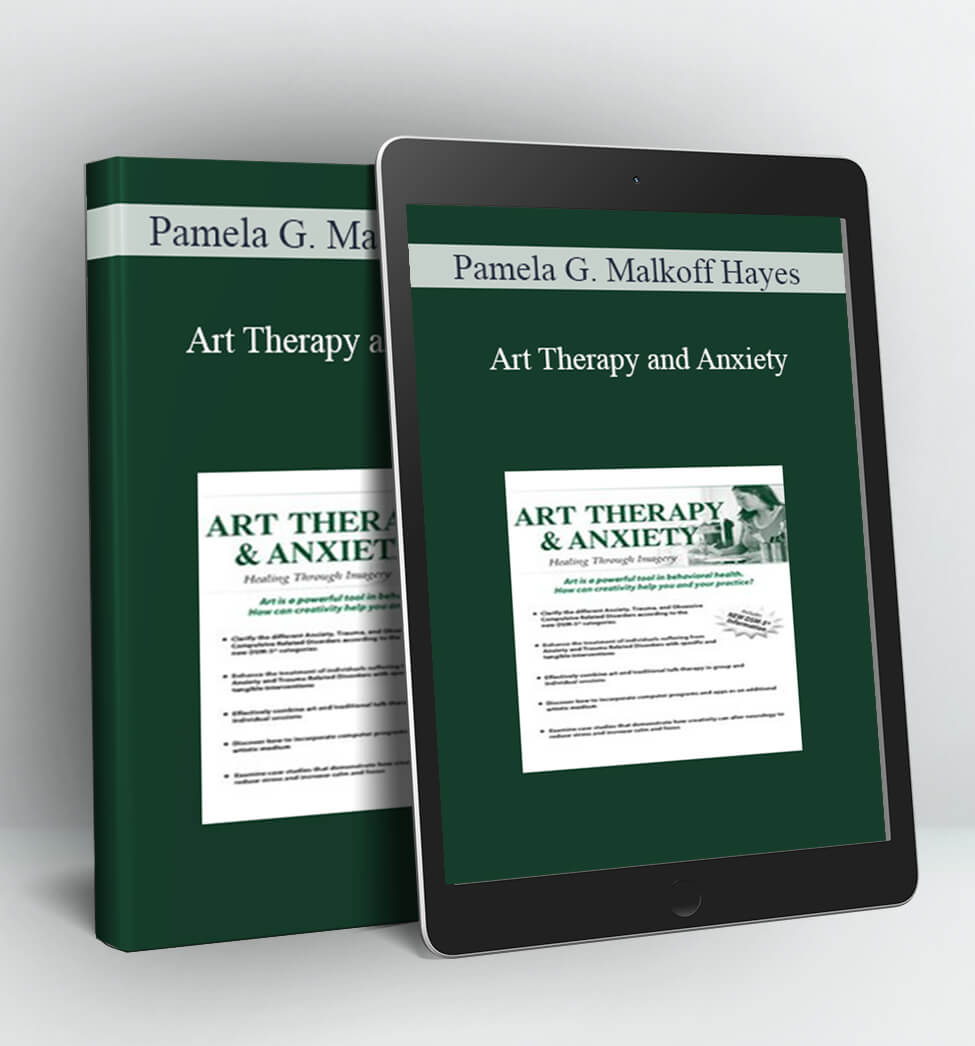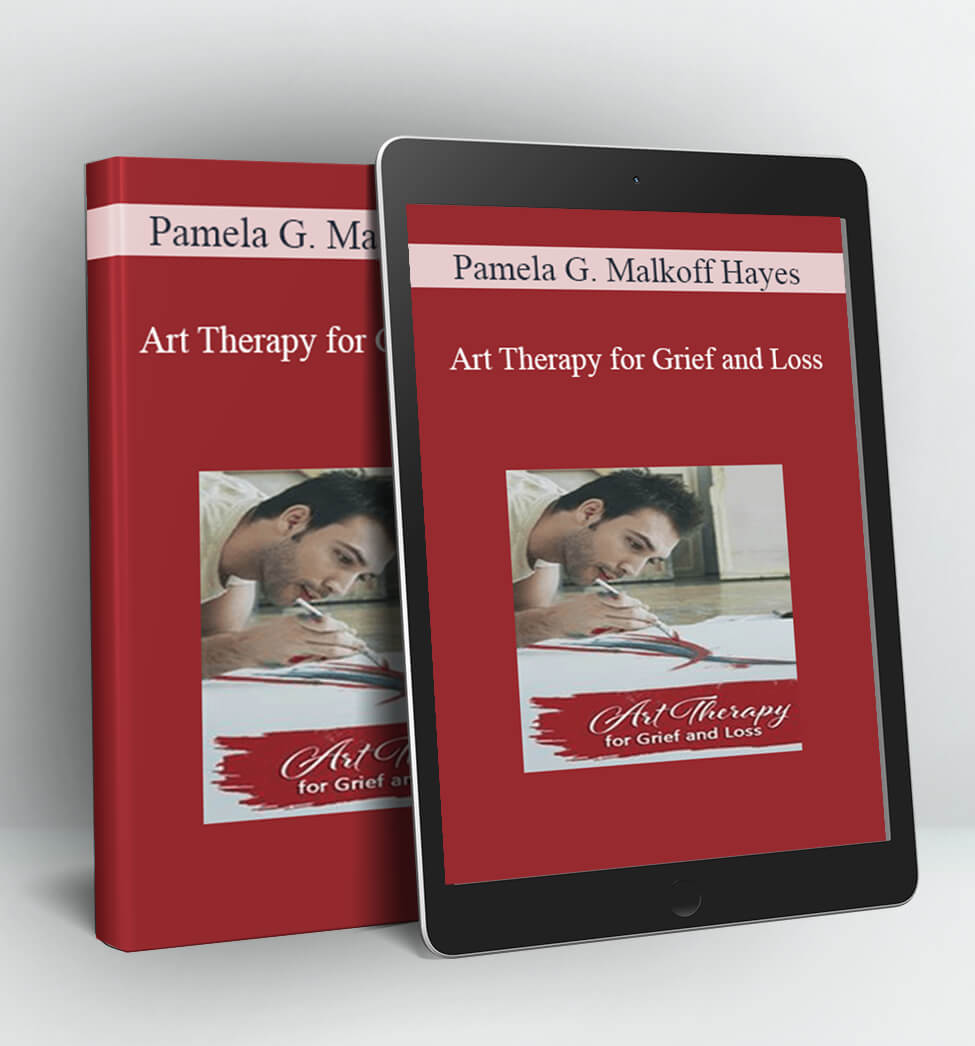ART THERAPY FOR GRIEF AND LOSS – PAMELA G. MALKOFF HAYES
Communicating and Processing Difficult Emotions through Art
Art therapy is where the worlds of art and psychology meet. Every creative endeavor produces a type of self-portrait that can be interpreted to provide further insight and aid in personal growth. By making and interpreting art, individuals and therapists can reach beyond censored and conscious feelings to a deeper understanding of personality, fears, obsessions and motivations. Art therapy is especially effective when working with those struggling with grief and loss. Taking time to construct thoughts in a drawing or painting encourages an open connection to the grief in a way that talking alone may not. In addition, the art task creates a concrete entity that is separate from the self, and therefore provides a distance from the overwhelming sense of loss that may be obstructing the healing process.
This course will provide participants the skills to utilize art therapy with clients experiencing grief and loss. Art therapy techniques will be demonstrated and participants will complete therapeutic art projects based on symptom management and rational psychotherapy. Attendees will analyze research and case studies that illustrate the effectiveness of art therapy with individuals experiencing grief. You will leave with many new concrete skills and interventions to add to your therapeutic toolbox.
- Review the stages of grief.
- Implement at least eight different art therapy projects specifically designed for the treatment of grief and loss.
- Define many different types of loss.
- Recognize the importance of tears and crying.
- Assess stress levels related to loss and bereavement.
- Understand the communicative power that art provides during the stages of grief.
Description of Grief
- Types of grief
- Causes, symptoms and treatments
- Stages of bereavement
- Benefits of tears
- Identifying stress levels
- Moving through loss
Effective Art Therapy Techniques
- Mandala drawing
- Collage
Research and Case Studies
- Case studies
- Child moving from abusive home to adoptive home
- Woman experiencing the death of a loved one
- College student moving towards independence
- Research participants
- Demographics
- Intake interview
- Procedures
- Overview of art therapy projects
- General expectations and outcomes
- History, treatment and art therapy
- Results and conclusions
Art Activities and Participation
- Four hands-on activities
- Participants will engage in the art therapy process for grief/loss
Resources
- Handouts
- Art materials
- Digitally projected examples








